Mammals, birds, fish and reptiles identification as a strategy for strengthening of the skills of the natural sciences area
DOI:
https://doi.org/10.47847/fagropec.v11n1a4Keywords:
Inventory, Biodiversity, StudentsAbstract
Detailed knowledge of the number of species present in a geographic area is essential to carry out actions and programs for the use, protection, and biological conservation. In this sense, fauna inventories have proven to be very useful for the knowledge and use of biodiversity. Based on the above, a biodiversity inventory was carried out with students from Institución Educativa Rural Platanillo sede el Vergel in the municipality of San José del Fragua-Caqueta. Where non-invasive methodologies such as observation points for birds, camera traps and footprints, intensive search in amphibians and reptiles, and trawls in fish were used as a sampling method. This research resulted in a total of 81 registered species. The taxonomic group with the highest number of species was birds with 54 species, followed by mammals, and lastly amphibians, reptiles, and fish. The use of research contributed not only to know the species of the region but also in the change of attitude of the students, significantly favoring the teaching-learning processes. The foregoing is evidenced in the research results obtained by the students, where a strengthening of competencies in the area of natural sciences in the living, physical and chemical environments as evidenced through research, becoming an approximation to the updated list of fauna biodiversity for the southern Amazon of Caquetá.
Downloads
Downloads
Published
Issue
Section
License

This work is licensed under a Creative Commons Attribution-NonCommercial-ShareAlike 4.0 International License.




























